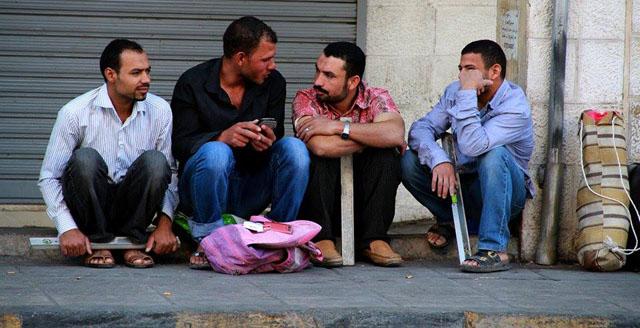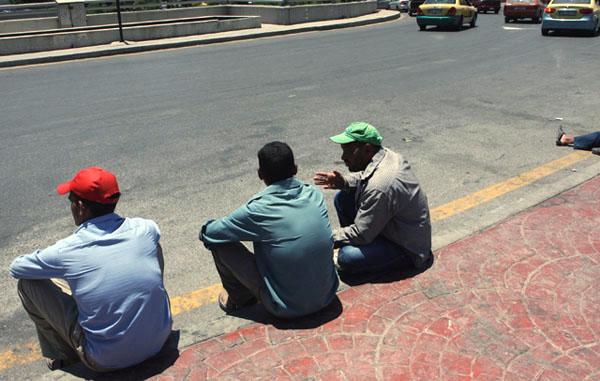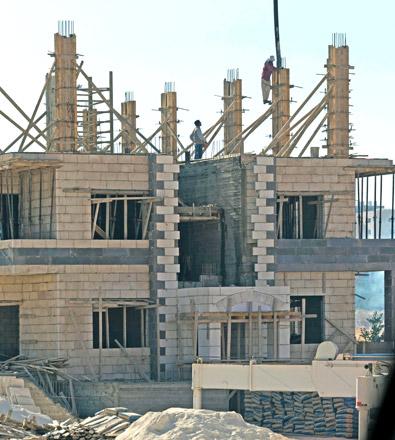You are here
Two-month labour inspection campaign starts Wednesday
By Hana Namrouqa - Feb 23,2015 - Last updated at Feb 23,2015

AMMAN — The Ministry of Labour is scheduled to launch a two-month inspection campaign on Wednesday to identify guest workers in violation of the Labour Law, a government official said on Monday.
“The campaign seeks to control and organise the labour market and limit the employment of guest workers with no work permits,” a Labour Ministry official told The Jordan Times on condition of anonymity.
The campaign will target guest workers of all nationalities who collected their social security benefits after their work permits expired but did not leave the Kingdom, in addition to those who are still working although their contracts expired and failed to apply for new work permits, according to a statement e-mailed to The Jordan Times.
The inspection campaign also targets guest workers who moved from one sector to another except for those who moved from any sector into the agriculture sector or from the Qualifying Industrial Zones (QIZ) into other sectors.
Highlighting that the campaign will also cover foreign labourers who received deportation decisions, the official said the ministry will suspend receiving employment applications from guest workers during the campaign, except for domestic helpers and QIZ workers.
“The two-month campaign is also a grace period for illegal guest workers to obtain work permits,” the official underscored.
The ministry will fine employers who have hired illegal guest workers and deport the workers, he said.
The ministry apprehended around 29,221 illegal guest workers of different nationalities in 2014.
Official figures estimate the number of guest workers in the Kingdom at almost 1 million, with Egyptians representing nearly two-thirds of them.
The ministry has announced that guest workers are now obliged to show valid work permits to receive services from private or public agencies, according to the statement.
These include civil status, education, social security, housing, water, electricity and communications services, as well as bank transactions.
Related Articles
The Ministry of Labour has issued 13,000 work permits to guest workers since the launch of a nationwide inspection campaign late last month, a government official said on Sunday.
AMMAN — The Labour Ministry’s inspection committees on Sunday arrested 131 illegal guest workers during several crackdown campaigns launched
AMMAN —The Labour Ministry on Saturday said that its inspection committees, accompanied by security agents, began an inspection campaign on















